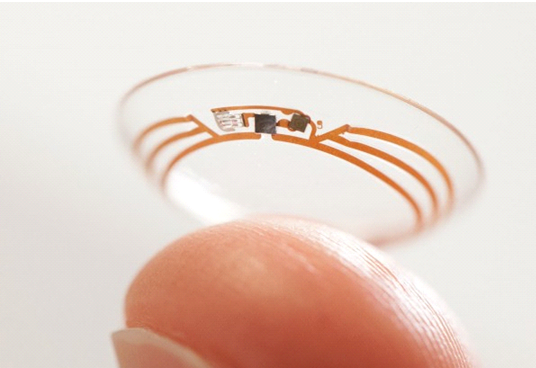Contact lenses are a popular option for those wanting to correct their vision without the need for glasses or the inconvenience of surgery. However, like any medical device, there are both pros and cons to wearing contact lenses. In this blog, we will explore the advantages and disadvantages of contact lens use.

Advantages of Contact Lenses
1. Convenience: Contact lenses are a convenient alternative to glasses. They allow for greater freedom of movement and are suitable for sports and other physical activities where glasses may not be practical.
2. Clearer vision: Contact lenses sit directly on the cornea of the eye, providing clearer and more natural vision than glasses.
3. Cosmetic enhancement: Contact lenses can also be used to change the appearance of the eyes. Colored contact lenses are available to create different effects, such as brighter, bigger or different colored eyes.
4. Treatment of medical conditions: Contact lenses can also be used as a treatment for different medical conditions, such as keratoconus, where the cornea bulges out into a cone shape, and corneal scars or injuries.
Disadvantages of Contact Lenses
1. Eye irritation: Some people experience eye irritation or redness when wearing contact lenses. This can be because of allergies, dry eyes, or sensitivity to certain materials in lenses.
2. Infection risk: Wearing contact lenses creates a higher risk of eye infection, especially if the wearer is not careful with hygiene, such as washing hands before putting in or removing lenses, cleaning lenses properly or changing them regularly.
3. Maintenance: Contact lenses require regular maintenance and care, such as cleaning or changing them regularly, which can be time-consuming.
4. Cost: Contact lenses can be more expensive than glasses, especially if they are disposable or if the wearer requires specialized lenses.
5. Inconvenience: Contact lenses must be taken out and cleaned every night, and are not suitable for everyone, such as those with certain medical conditions, like severe allergies or dry eyes.
Overall, the decision to wear contact lenses is a personal one, and depends on one's lifestyle, budget and medical needs. Consult with an eye doctor to determine if contact lenses are right for you.
In conclusion, contact lenses offer a convenient and effective way to correct vision and enhance the appearance of the eyes. However, they do come with risks and drawbacks, so it is essential to weigh these against the benefits before deciding to use them. By understanding the pros and cons of contact lens use, individuals can make informed choices and enjoy clear, comfortable vision.